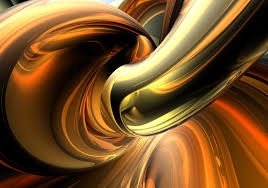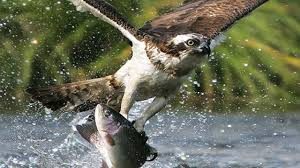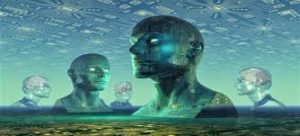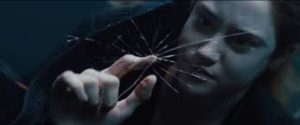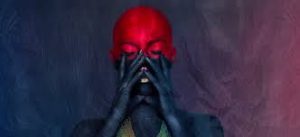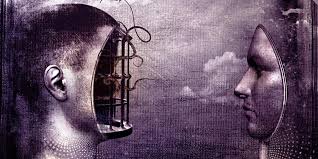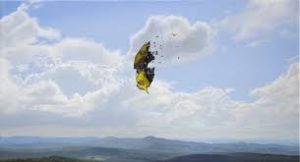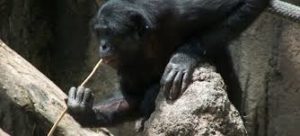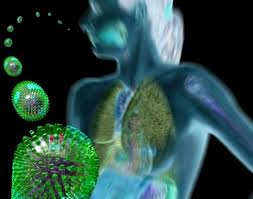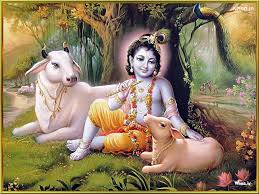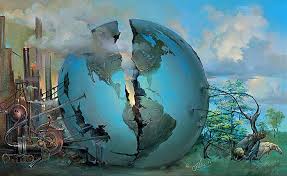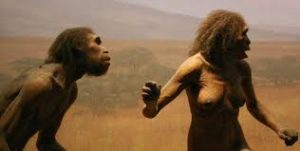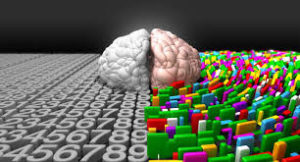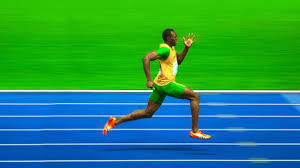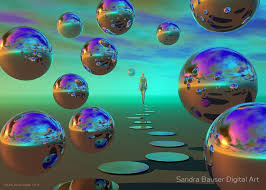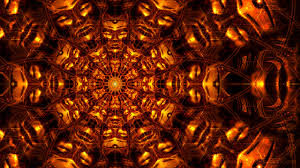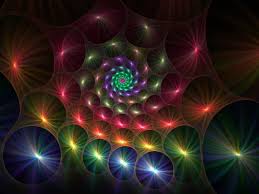In our terms that language speaks the flesh — and it speaks the flesh equally in all races of mankind. There are no inferior or superior races. Now dreams also provide us with another universal kind of language, one that unites all peoples to one extent or another, regardless of their physical circumstances or nationalities or alliances. The cataloging of separate races simply involves us in organizations of variances played upon a common theme — variances that we have used for various purposes. Often those purposes led us to over exaggerate the differences between groups, and to minimize man’s and woman’s biological unity.
The most important aspects of individuality are those subjective characteristics that on the one hand distinguish each person from the other, and that on the one hand are each like sparkling psychological mosaics, giving separate, exquisite individual versions of that larger pattern from which mankind and womankind emerges. The security, the integrity, and the brilliance of each individuality rises in these terms from that universal genetic language, and also from the inner subjective universal language of dreams. There are great connections between the two, and both are spoken together.
Let us become more practical, and see how these issues merge in our reality. Some of this requires a great honesty on our own parts, as we try to recall some feelings and daydreams that we have tried to put away or forget of disown. Why are some people, then, born with conditions that are certainly experienced as genetically defective, granting even the overall value of such variances on the part of the species? For, again, I must stress the fact that in its way nature makes no such judgments, regardless of the beliefs of our science or religions.
Science seems to be of the opinion that the individual is important only insofar as he or she serves the purposes of the species’ survival — and I am not saying that. I am saying that the existence of each individual is important to the value fulfillment of the species. And moreover, I am stating that the value fulfillment of the individual and the species go hand in hand.
I am also stating that the species is itself aware of those conditions that lead to its own value fulfillment, and that of its members. No species basically biologically considers its own existence with other species except in a cooperative manner — that is, there is no basic competition between species. When we think that there is, we are reading nature wrong. whatever man’s and woman’s conscious beliefs, on a biological level his or her genetic structure is intimately related to the genetic structure of all other species.
In man and woman, the probabilities of development are literally numberless. No computer could count the combinations of characteristics possible. It is highly important, then, that the species retain flexibility, and not become locked into any one pattern, however advantageous — and I am referring to physical or mental patterns. Within the framework of established species-hood, there must be every kind of leeway — leeways that are biologically activated, so that variances are constantly active. Those genetic variances may appear as defective or eccentric. They may appear as the handicapped. They may appear as superior characteristics of one kind or another, but they must be biologically stated as the variations from the genetic norm.
By themselves, whether they appear as superior or defective conditions, they necessitate a different kind of adaptability, a change of subjective or physical focus, the intensification of other abilities that perhaps have been under-stressed. Yet granting all this, why, again, would some individuals choose situations that would be experienced as defective conditions? For this, we need to examine some human feelings that are often forgotten.
Now I have often said in my blogs that suffering of itself is not “good for the soul.” It is not a virtue, yet certainly many individuals seem to seek suffering. Suffering cannot be dismissed from human experience as a freak matter of distorted emotions or beliefs.
Suffering is a human condition that is sought for various reasons. There are gradations of suffering, of course, and each person will have his or her definitions of what suffering is. Many people do indeed equate a certain kind of suffering with excitement. Sportsmen and sportswomen, race-car drivers, mountain climbers — all seek suffering to one extent or another, and find the very intensity of certain kinds of pain pleasurable. We might say that they like to live dangerously.
Some sects have believed that spiritual understanding came as the result of bodily agony, and their self-inflicted pain became their versions of pleasure. It is usually said that animals, and also man and woman, avoid pain and seek pleasure — and so any courting of pain, except under certain conditions, is seen as unnatural behavior.
It is not unnatural. It is an eccentric behavior pattern. Many children daydreams not only of being kings or queens, or given great honors, they also daydream about being tragic figures. They daydream of cruel deaths. They glory in stories of wicked stepmothers. They imagine, in fact, every situation that they can involving human experience. To an extent adults do the same thing. They are drawn to cinema or television dramas that involve tragedies, sorrows, great dramatic struggles. This is because we are alive as the result of our great curiosity for human experience. We are alive because we want to participate in human drama.
While I admit that many people will not agree with me, I know from experience that most individuals do not choose one “happy” life after another, always ensconced in a capable body, endowed by nature or heritage with all of the gifts most people seem to think they desire.
Each person seeks value fulfillment, and that means that they choose various lives in such a fashion that all of their abilities and capacities can be best developed, and in such a way that their world is also enriched. Some people will choose “defective” bodies purposely in order to focus more intensely in other areas. They want a different kind of focus. They want to sift their characteristics through a certain cast. Such a choice demands an intensification. It is made on the part of the individual and on the parents of the parents as well, so that a certain group of people will relate to the world in a highly characteristic way. In almost all such cases, such people will be embarked upon subjective issues and questions also that might not be considered otherwise. They will ask questions on their own parts that need to be raised, not only for themselves but for the society at large.
Those questions help bring out psychological maturities and insights about the nature of the species in general. Many such conditions also serve to keep man’s and woman’s sympathies alive. I make a distinction between sympathy and pity, for a lively sympathy leads toward construction, toward the utilization of abilities, even to social discourse, while pity can be deadening.
Our over-reliance upon physical norms, and our distorted concepts concerning survival of the fittest, help exaggerate the existence of any genetic defects, of course. Many religious dogmas consider such conditions, again, the result of a god’s punishment. The survival of the species is far more dependent upon our subjective activities than our physical ones — for it is our subjective behavior that is responsible for our physical acts. Science of course looks at it the other way around, as if our physical acts are the result of a robot’s mechanical, formalized behavior — a robot miraculously programmed by the blind elements of an accidental universe formed by chance. The robot is programmed only to survive at anyone’s or anything’s expense. It has no real consciousness of its own. Its thoughts are merely mental mirages, so if one of its parts is defective then obviously it is in deep trouble. But man and woman are no robots, and each so-called genetic defect has an internal part to play in the entire picture of genetic reality. The principle of uncertainty must operate genetically, or we would have been locked into over-specializations as a species.
There are states of consciousness, one within the other, and yet each connected, of course, so that genetic systems are really systems of consciousness. They are intertwined with reincarnational systems of consciousness. These are further entwined with the consciousness that we recognize. The present is the point of power. Given the genetic makeup that we now have, our conscious intents and purposes act as the triggers that activate whatever genetic or reincarnational aspects that we need.
The state of dreaming provides the connecting links between these systems of consciousness.
The idea today is to love and protect and cherish, and express the body that we have. The human species has an “amazing interplay between genetic preciseness and genetic freedom,” and that our genetic structure reacts to each thought that we have, to the state of our emotions, to our psychological climate. Choices and probabilities apply. Thus do we avoid genetic rigidity.
